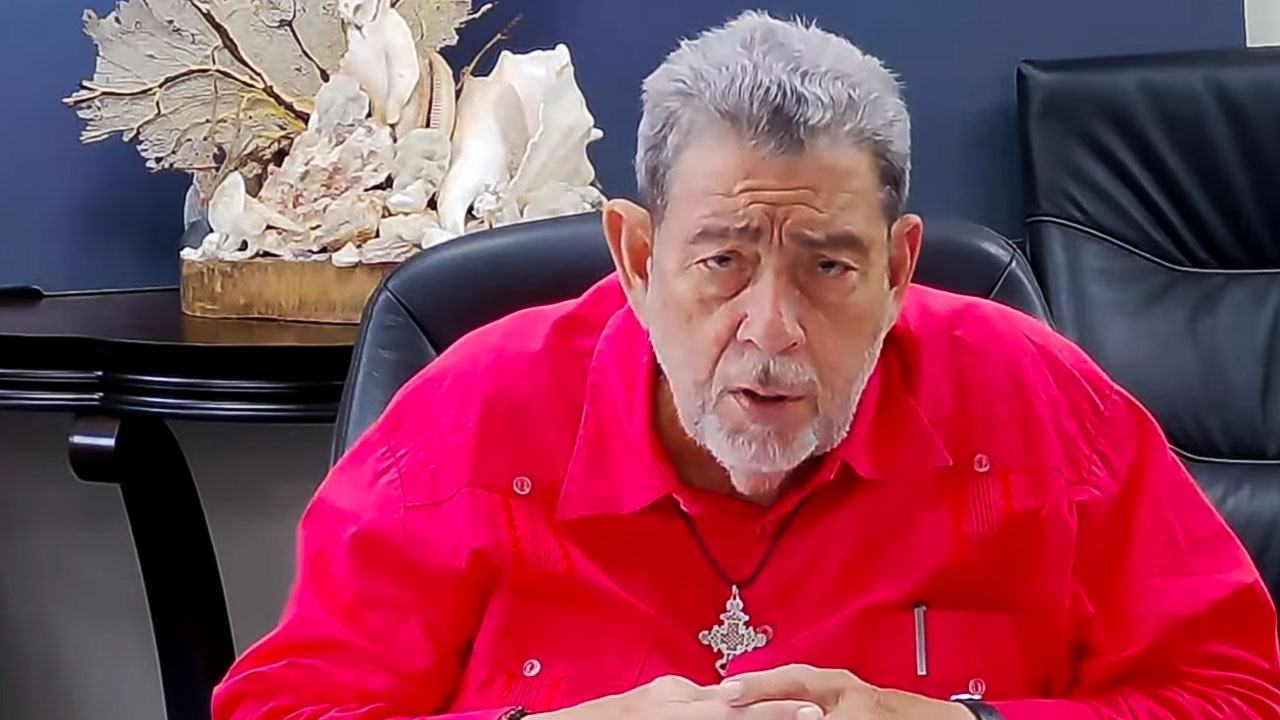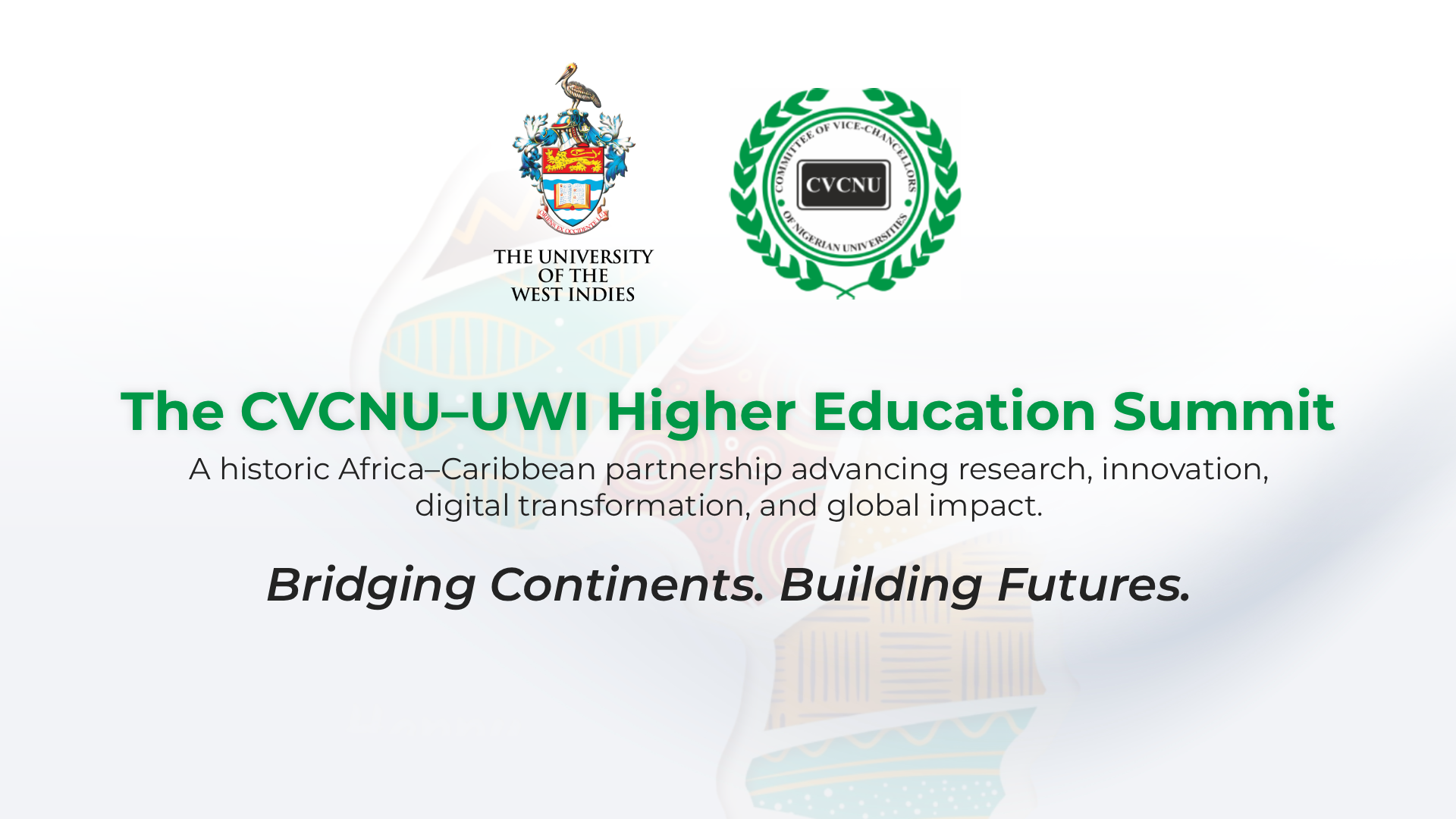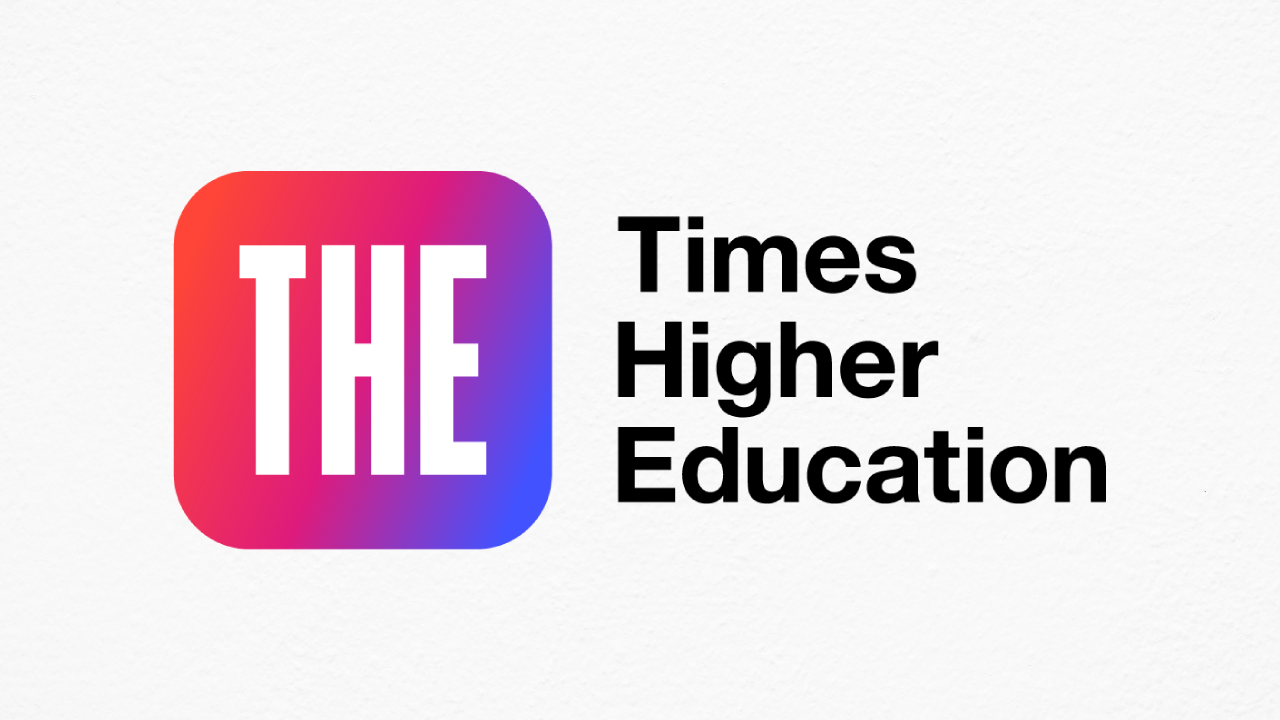
Policymakers and Academics call for Strategic Unity on Free Movement and Regional Integration at UWI Vice-Chancellor’s Forum
Regional policymakers and academics called for strategic unity at a recent Vice-Chancellor’s Forum hosted by The University of the West Indies (The UWI) to address Free Movement, the CARICOM Single Market and Economy (CSME), and the Caribbean Regionalisation Project on October 21.
During his contribution at the Forum, Prime Minister of St. Vincent and the Grenadines, Dr. the Honourable Ralph Gonsalves, urged CARICOM member states to embrace deeper integration and confront shared demographic and economic challenges with strategic foresight.
Prime Minister Gonsalves, a UWI alumnus, emphasised the importance of fully implementing freedom of movement across the region, warning that any reservations or delays by member states could undermine long-term development.
Outlining several significant challenges facing Caribbean regional integration, he noted the declining fertility rates and ageing populations, which pose risks to sustainable labour forces, the need for greater flexibility in freedom of movement, taking into account the unique demographic considerations of some island states, concerns about trade impediments stemming from currency exchange difficulties, as well as disparities in energy costs that impact regional collaboration. He called attention to the pressing need for increased funding for the CARICOM Development Fund, the complexities of airspace management, the necessity for a more unified approach to foreign policy coordination, and pressing geopolitical issues.
The virtual event, themed Promises, Passports, and Possibilities: Free Movement, the CSME, and Caribbean Regionalisation, gathered a distinguished panel and audience of scholars, diplomats, educators, and policymakers. With its live broadcast on UWItv’s website and Facebook channels, the Forum reignited the conversation about the achievements and challenges of CARICOM’s integration movement, decades after the Treaty of Chaguaramas was signed.
In his opening remarks, Vice-Chancellor of The UWI, Professor Sir Hilary Beckles, noted that today’s push toward deeper economic and social integration is not simply a bureaucratic goal but a moral and historical imperative, rooted in the shared destiny of Caribbean people. “We have made significant progress, let there be no doubt, but there are still internal contradictory forces and headwinds, many of them originating outside of this region, that continue to keep us divided, internally competitive and without a common vision.”
Professor Canute Thompson, Pro Vice-Chancellor, Undergraduate Studies, served as chair of the Forum and delivered an apt reminder of the treaty’s role in the region’s integration history, which was signed 50 years ago. “Have we realised these promises?” was the central question posed by PVC Thompson.
In addition to Prime Minister Gonsalves, presentations were made by Dr. the Honourable Justice Anthony Gafoor, the Chairman of the Tax Appeal Board of Trinidad and Tobago, Dr. Indira Rampersad, Head of the Department of Political Science at The UWI St. Augustine Campus, His Excellency Ambassador Anthony Hylton, a Trade Policy Expert and Attorney-at-Law, and Dr. Delroy Beckford, an International Trade and Competition Lawyer, and Adjunct Lecturer at The UWI Mona Campus, who all sought to interrogate where the region stood, assess factors that encouraged progress or not, and consider what needed to be done to secure the future desired by the region.
Dr Indira Rampersad provided a data-driven perspective on the current state of mobility within the CSME, revealing gaps in regional data collection and harmonisation. She noted that the lack of up-to-date, consistent statistics hampers policy decisions and obscures the true extent of labour mobility across the Caribbean.
Ambassador Anthony Hylton emphasised that the legal frameworks supporting the CSME already exist but must be vigorously implemented and tested through the Caribbean Court of Justice (CCJ). He pointed to the landmark Shanique Myrie case, which clarified the rights of CARICOM nationals to hassle-free movement. He urged greater use of Article 222, which allows individuals and corporations to bring cases before the CCJ.
Wrapping up the presentations, Dr Delroy Beckford added a legal and economic dimension, calling for alignment of domestic laws with treaty obligations and warning about shallow integration efforts.
Click here to view the recorded broadcast of Promises, Passports, and Possibilities: Free Movement, the CSME, and Caribbean Regionalisation.



